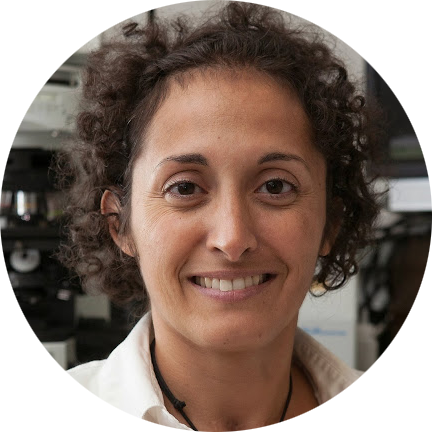Big, small, young or old – heart attacks don’t play favorites when they strike. However, if one does, the research performed by Jitka Virag may be the key to improved quality of life and increased longevity.
An assistant professor of physiology at the Brody School of Medicine, Dr. Virag has found that applying the protein Ephrin A1 to the heart following occlusion is a novel method to preserve heart tissue viability by as much as 50 percent following myocardial infarction in animal models. Preliminary data indicates that it works in both acute and chronic models, and shows potential for therapeutic use. Her research challenges conventional beliefs about tissue remodeling and reversing cell death, and was deemed sufficiently novel to qualify for a U.S. patent.
Though the path toward a commercial therapeutic is a long and circuitous process, success could improve quality of life for 735,000 people in the U.S. who will suffer from a heart attack this year. Heart attacks are responsible for 1 in 6 deaths per year in the United States, contributing more than $100 Billion annually to lost productivity and the cost of health care.
The potential of Ephrin A1 and relate analogs could have considerable impact on medical regimes by providing a more effective treatment strategy. Some uses and advantages include: Preserves Heart Function; Reduces Adverse Compensatory; Hypertrophy; Prevents Heart Tissue Necrosis; Preserves the Integrity of Heart Muscle Cells; Preserves Heart’s Ability to Pump Blood and Decreased Inflammation.

